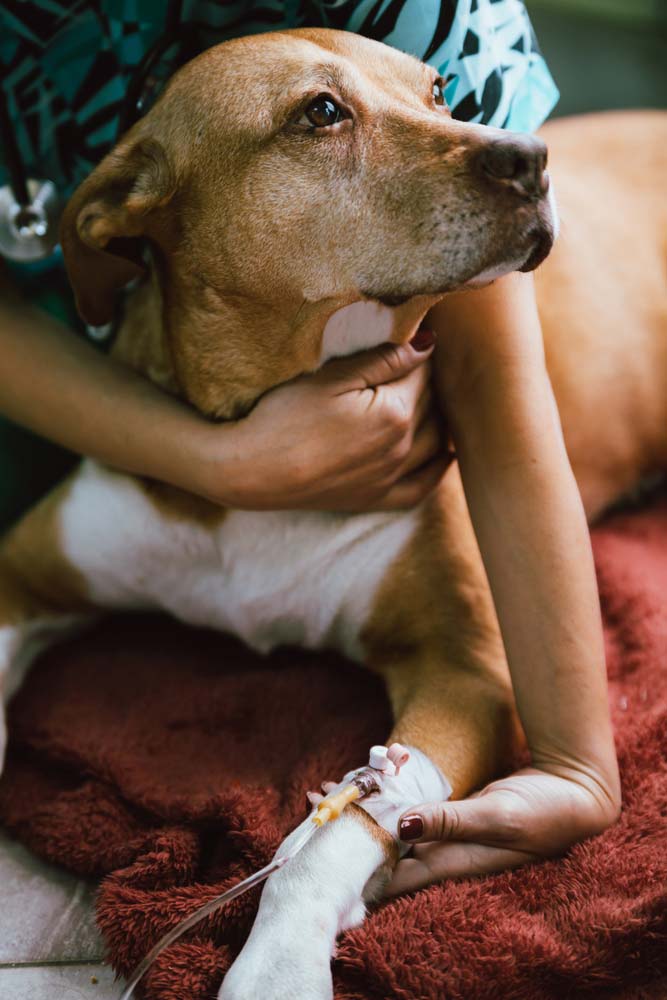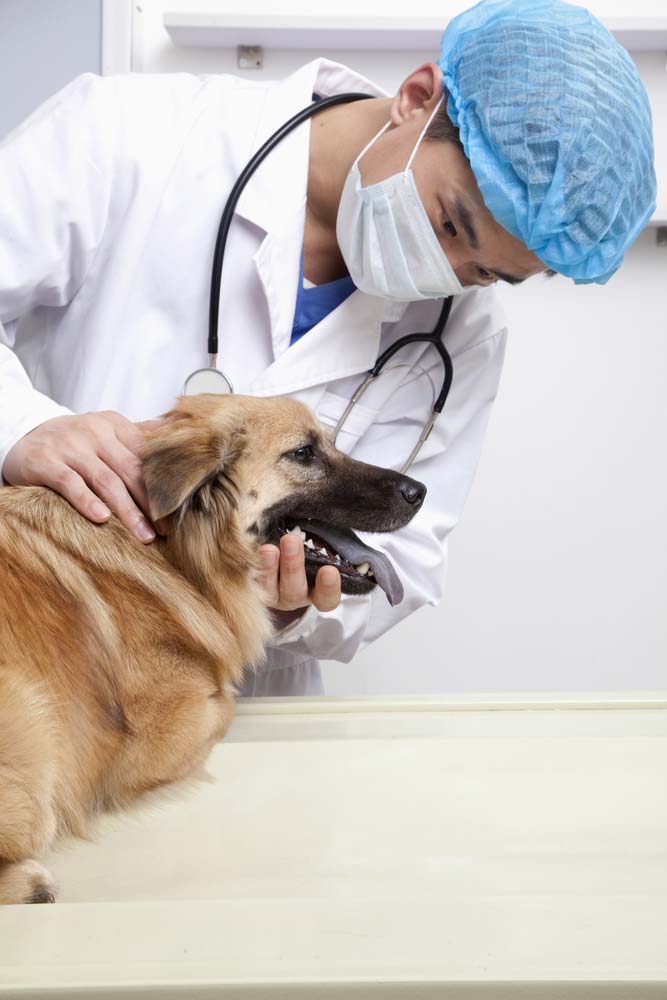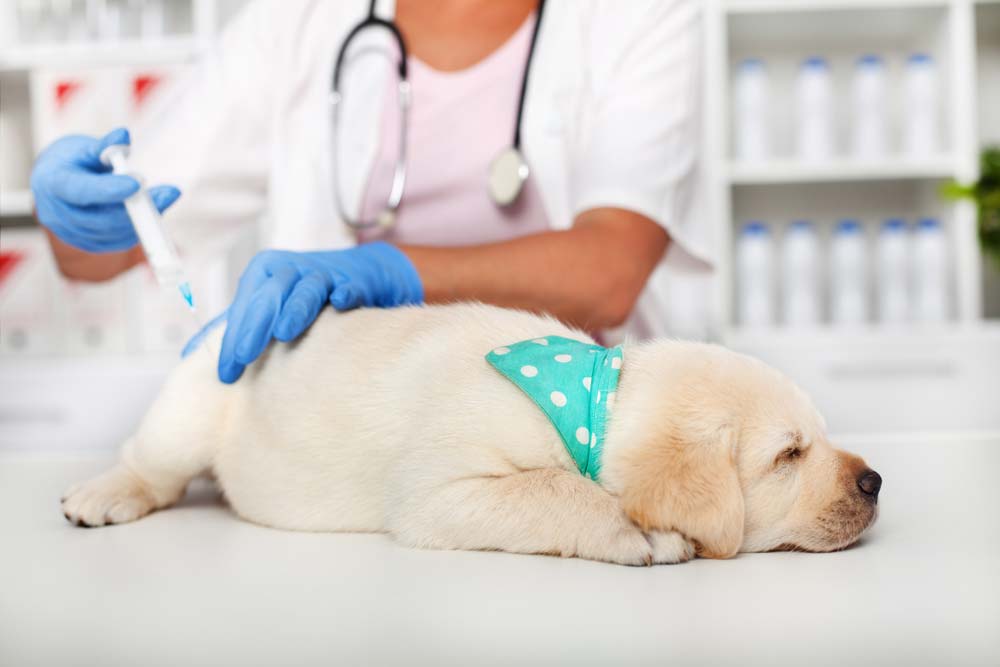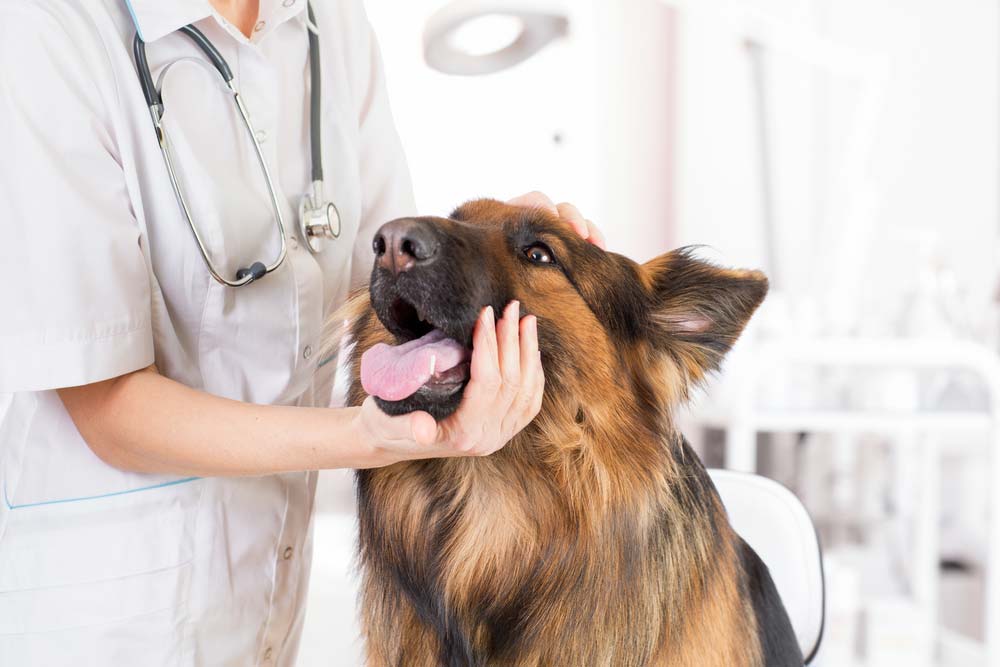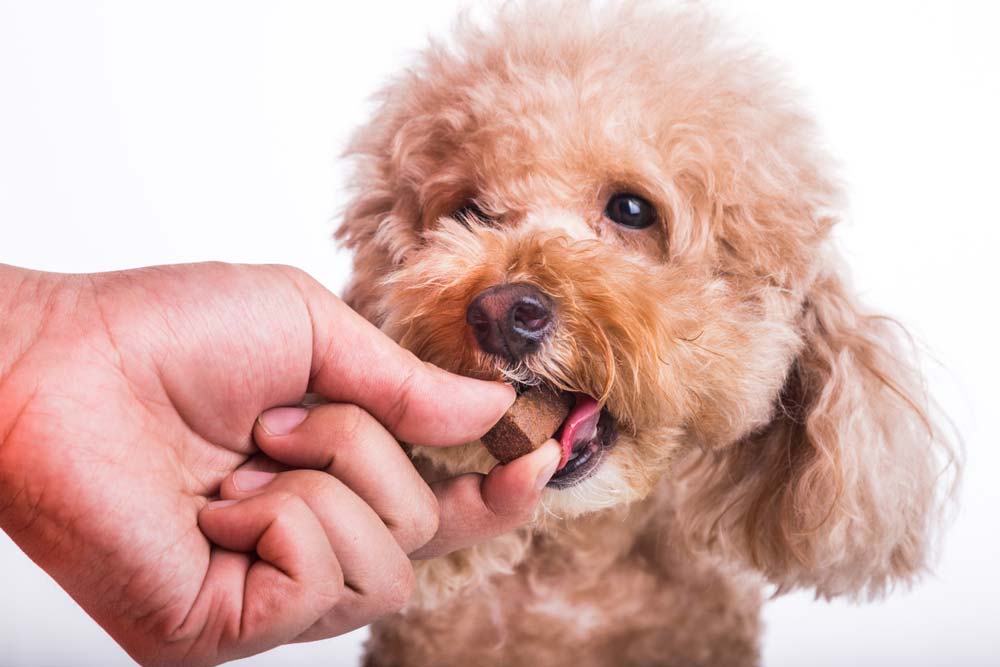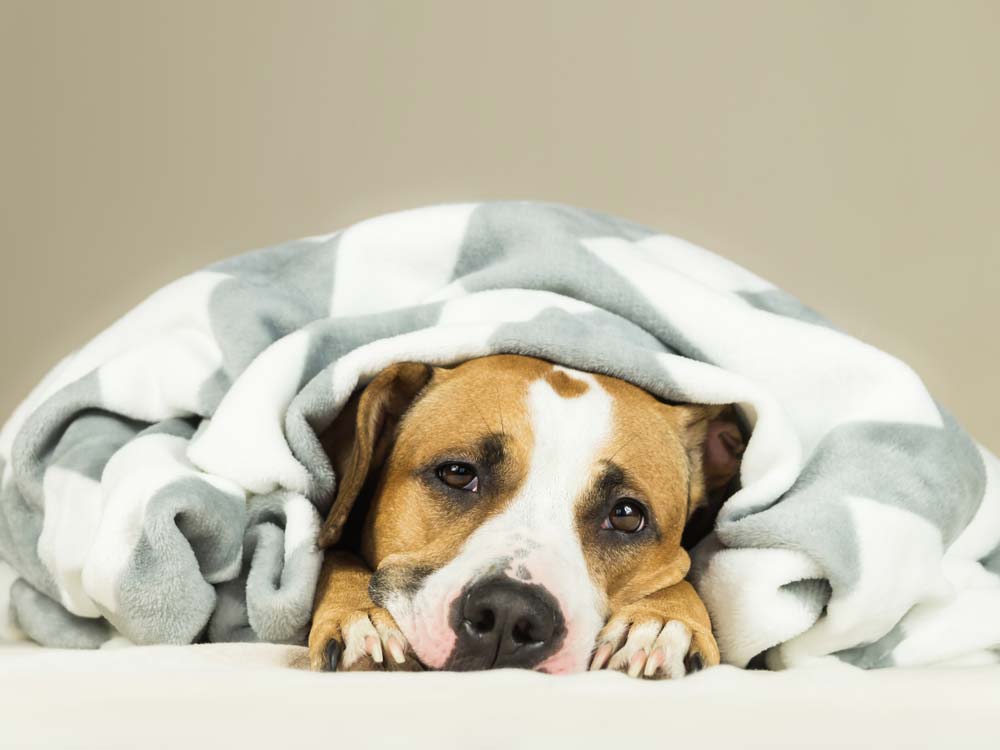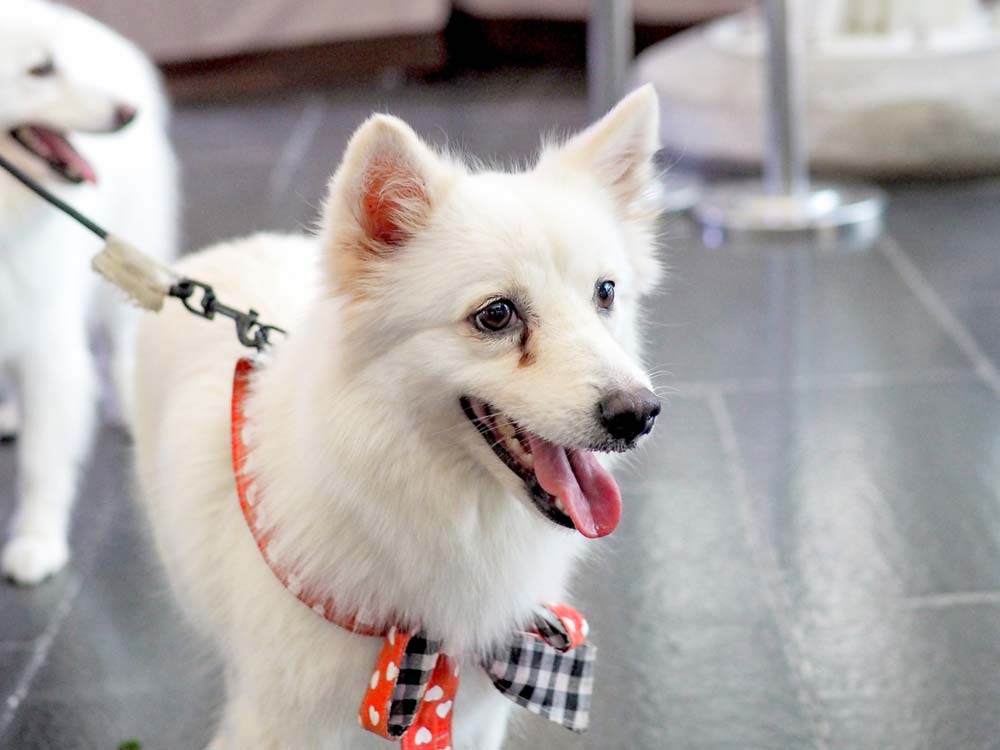Your Trusted Dog Vets in Mount Isa
Dog Care
Owning a dog provides companionship, loyalty and affection for people of all ages and is an invaluable addition to families and individuals.
However, it is important to find the breed of dog most suitable to your particular lifestyle and be aware of the responsibility that comes with dog ownership before you adopt or purchase a dog. At AAA Vet Clinic in Mount Isa, we are willing to discuss the many aspects of dog care, including breed-specific medical problems, desexing and routine health care such as vaccinations, flea, tick and mite control, desexing and worming that your future dog may need.
After purchasing your puppy or dog, there are several important aspects of their care to consider:
Pet Insurance
We strongly recommend that you insure your new dog. Please see our information sheet on insurance for more about this topic.
Bedding
Suitable bedding such as washable rugs, cushions or blankets need to be provided in a weatherproof kennel or indoors.
A Secure Area
A secure area, such as a dog-proof yard, is essential. Your dog should never be left unsupervised when tethered.
Daily exercise and Mental Stimulation
All dogs need daily exercise and mental stimulation to help avoid behavioural and health problems. Dogs view their human owners as being part of their pack and can develop behavioural issues if they feel neglected or excluded. It is also vitally important that dogs are socialised with people and other dogs from an early age in order to learn appropriate interactive behaviours.
Regular Health Checks
All pets require a minimum of one
health check a year. On average, dogs age five to eight times faster than humans, allowing major health changes to develop in a relatively short amount of time. The risk of cancer, diabetes, obesity, arthritis, heart disease and other serious conditions all increase with age. Regular visits to our clinic helps us diagnose, treat or even prevent health problems before they become life-threatening. Routine vaccinations and parasite control for fleas, ticks, mites, heartworm and intestinal worms are also recommended. A visit to us is also a good opportunity to ask about nutrition, behaviour, and other issues.
Regular Health Checks
Dog Nutrition and Grooming
Nutrition
Nutrition is an important part of your dog’s care. A healthy and balanced diet is essential. This will provide protein to build the body; fats for skin and coat health; carbohydrates for energy; and minerals and vitamins for good bone development and healthy tissues.
Regular Dental Care
It is essential to keep your dog’s teeth clean. A regular dental homecare routine will minimise tartar build-up on your pet’s teeth. Never give your dog cooked bones, as these can be brittle and easily splinter, causing harm to your dog.
Water Intake
Fresh water must always be available for your dog. Bowls should be kept clean and placed in the shade.
Grooming
Grooming and brushing is essential, particularly for long-haired breeds. This helps remove dust, dead skin, loose hairs, grass seeds and tangles. It also assists to shorten the coat moult, which occurs seasonally. Dirty or smelly dogs should be bathed. However, keep in mind that frequent shampooing can strip the natural oils from the coat and cause skin dryness and irritation.
Dog Vaccination
Vaccination has revolutionised control of infectious disease in our pets. It is essential that all pets are adequately vaccinated to help protect the pet population as a whole. Responsible pet care requires puppies to be given their initial course of vaccinations, but this cannot protect them for the rest of their lives. Adult dogs require regular vaccination to maintain immunity against disease.
Please give us a call to discuss a suitable vaccination regime for your pet puppy or dog.
Puppy Vaccination
Puppies are temporarily protected against many diseases by antibodies received through their mother’s milk. These maternal antibodies decline in the first few weeks of their lives, after which they need a vaccination to induce immunity. The age at which maternal antibodies drop enough to require vaccination is highly variable, which is why a series of vaccinations is necessary in a puppy.
Adult Dog Vaccination
The immunity from puppy vaccination weakens over time and your pet can again become susceptible to disease. Annual health checks and booster vaccinations, as required, will provide the best protection for the life of your pet.
Vaccination Care
After Vaccination Care
Following vaccination, your dog may be off-colour for a day or two. They may also have some slight swelling or tenderness at the injection site. Access to food and water and a comfortable area to rest are usually all that is required for a quick recovery. However, if the response seems more severe, you should contact us for advice.
INFECTIOUS DISEASES OF DOGS THAT WE VACCINATE AGAINST
Canine Parvovirus
Canine parvovirus is a disease that affects dogs of all ages, but is most serious in young puppies and older dogs. The virus attacks the intestines causing bloodstained diarrhoea, uncontrollable vomiting and severe abdominal pain. Some infected dogs will die from parvovirus, even if they receive intensive veterinary care.
Parvovirus is spread via dog faeces and is very persistent in the environment even after the faeces has been cleaned away. For this reason, it is not necessary to have direct contact with other dogs for the disease to be spread. The virus is so persistent that an infected dog’s environment needs to be cleaned with a potent disinfectant to prevent it from spreading to other dogs. Outbreaks occur regularly especially in summer, with an estimated 20,000 dogs infected every year in Australia.
Dog Diseases We Vaccinate Against
Canine Distemper
Canine distemper is a highly contagious viral disease that can affect dogs of any age, young puppies being at the highest risk.
Symptoms vary but can include: fever, coughing, sneezing, nasal discharge, vomiting, diarrhoea, loss of appetite and depression. Muscle tremors, fits and paralysis can occur however, later in the disease. Treatment is usually ineffective, and the recovery rate is very low. Dogs that do recover may have permanent brain damage.
Canine Infectious Hepatitis (also known as Canine Adenovirus type 1)
Canine infectious hepatitis is a viral disease which, like distemper is extremely contagious and often fatal. Dogs of any age can become infected, however severe cases are rare in dogs over two years of age. Symptoms include high fever, depression, loss of appetite, vomiting, diarrhoea and acute abdominal pain. In severe cases death can occur within 24 to 36 hours. Dogs that recover may develop long-term liver and kidney problems and can act as carriers spreading the disease to other dogs for many months.
Canine Cough
Canine cough is a condition produced by several highly infectious diseases, which can be easily spread wherever dogs congregate. Places such as parks, grooming salons, doggy day cares, shows, obedience schools and boarding kennels. Among the infectious agents associated with canine cough is the bacterium known as Bordetella bronchiseptica and the canine viruses parainfluenza, adenovirus type 2 and distemper. Affected dogs have a dry hacking cough which can persist for several weeks. It is not only distressing for the pet but their owners as well. It is a major problem for working and sporting dogs. Pneumonia can also be a consequence of infection.
Book an Appointment with Our Mount Isa Vets

